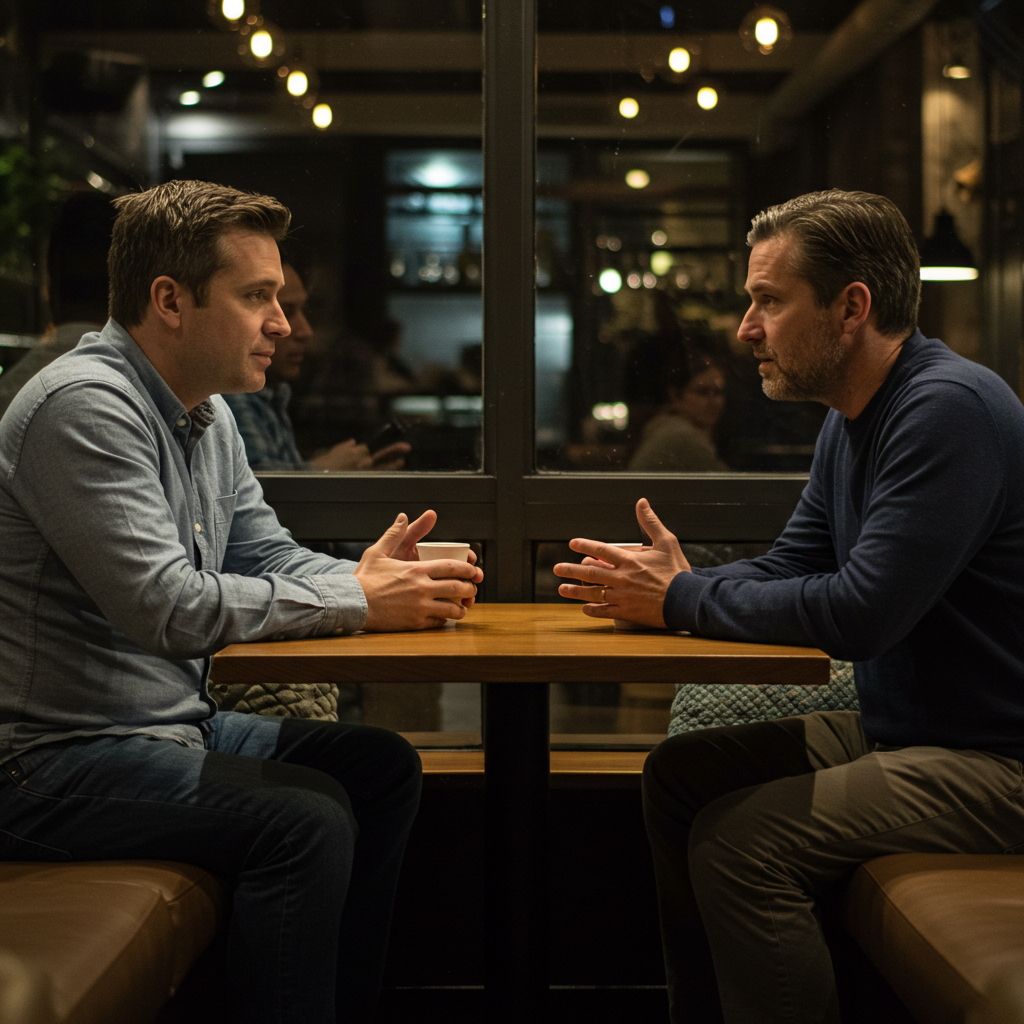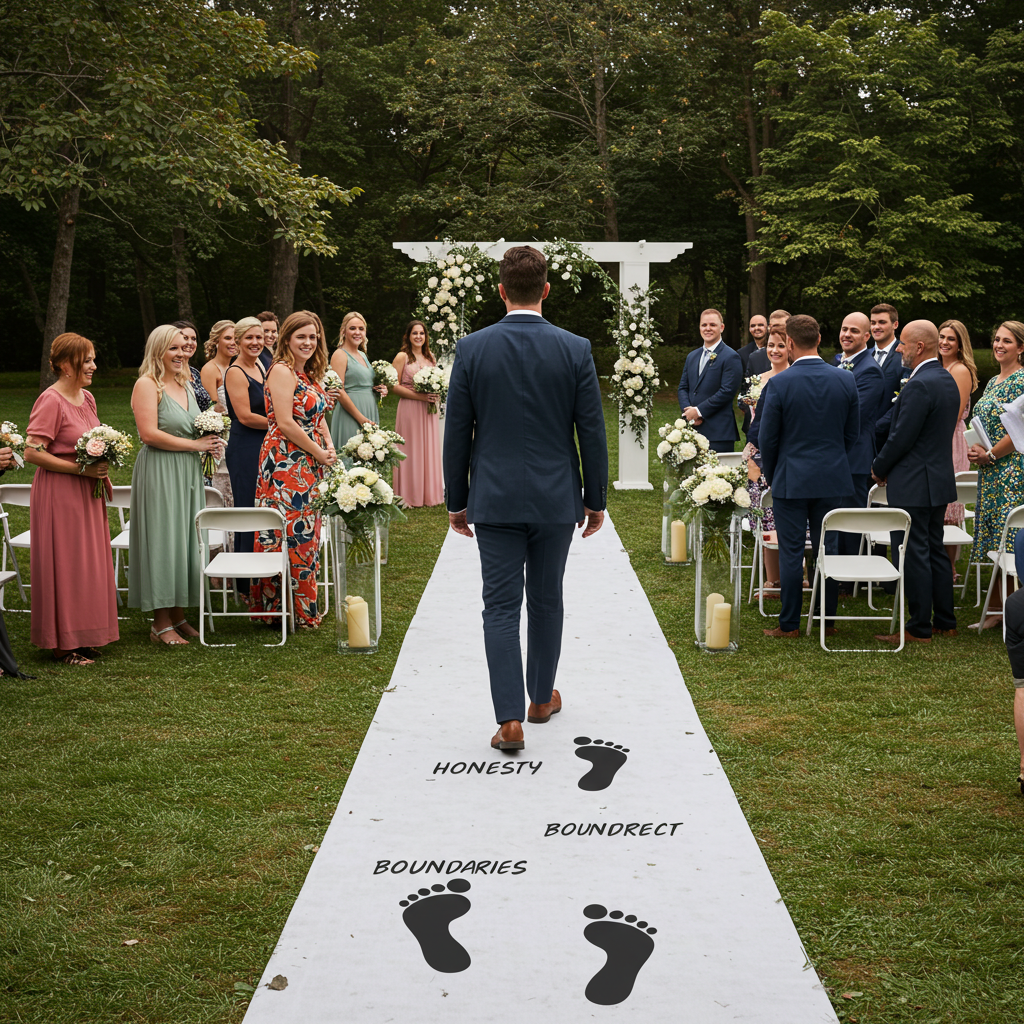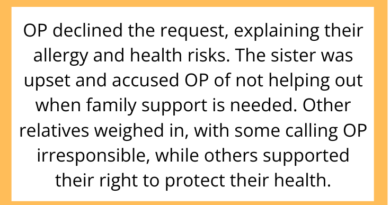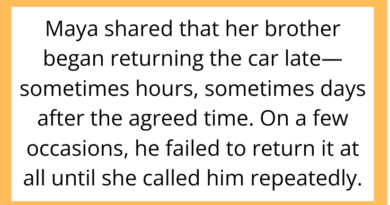AITAH for Not Wanting to Be the Best Man at My Brother’s Wedding?
Family and weddings—two things that are supposed to bring people together, but sometimes do the exact opposite. A recent dilemma shared in r/AITAH revolved around one brother’s refusal to be the best man at his sibling’s wedding, a choice that shocked the family and sparked outrage. But was it really that wrong?
This post explores the emotional weight behind roles in family events, what happens when personal history collides with social expectations, and whether opting out makes someone heartless—or just honest.
The Situation: A Role That Comes With Baggage

The original poster (OP) shared that his younger brother was getting married and had excitedly asked him to be the best man. On the surface, it sounds flattering—but OP declined.
Why? Because their relationship was complicated. According to OP, the younger brother had bullied him throughout their teen years, caused multiple rifts in the family, and even once tried to sabotage OP’s relationship. Though things had improved somewhat in adulthood, OP said the trust never fully returned.
So when the invite to stand by his side came, OP felt uncomfortable. He didn’t want to make a scene, but he also didn’t want to fake a closeness that wasn’t real.
The result? Hurt feelings, angry parents, and whispers across the family group chat that OP was jealous, bitter, or petty. But was he?
When “Family Obligation” Feels More Like Emotional Labor

Weddings are emotionally loaded events. They bring out joy—and also unresolved tensions. The role of a best man is symbolic: it reflects closeness, loyalty, and trust. But what if those things don’t exist?
Declining to be someone’s best man is rarely about one moment. It’s about the years behind that moment.
Some key points to consider:
-
History matters: If the relationship has been toxic, declining a major role can be an act of self-preservation, not cruelty.
-
Symbolism isn’t always authentic: Just because someone wants a picture-perfect lineup doesn’t mean it’s emotionally accurate.
-
You can love from a distance: Attending the wedding, supporting in other ways, or being civil are all valid forms of showing love without putting on an emotional performance.
How to Say No (Without Burning the Bridge)

If you’re in a similar situation—being asked to fill a big role you’re not comfortable with—here are some ways to navigate it:
-
Be honest, not harsh: You don’t have to unload all your grievances. A simple “I don’t think I’m the right person for this role, but I care about you and want your day to go well” can go a long way.
-
Offer alternatives: Maybe you can give a toast, help with logistics, or be part of a smaller part of the day.
-
Prepare for backlash: People often react emotionally to unexpected boundaries—but that doesn’t make your decision wrong.
The Family’s Reaction: Hurt or Entitlement?
In OP’s case, the family labeled him selfish. But consider: is saying no to something that doesn’t feel right actually selfish—or is it healthy?
Families often cling to tradition, expecting certain roles to be fulfilled out of duty. But emotional roles can’t be forced without consequence. If OP had accepted just to avoid discomfort, he likely would’ve felt resentment—and maybe even ruined the day.
Reddit’s Take: Mixed but Thoughtful

Commenters on the AITAH thread were split. Some said OP had every right to decline and shouldn’t be pressured to perform an emotional lie. Others argued that weddings are about rising above personal history and being the “bigger person.”
What everyone agreed on, though, was the importance of clear, respectful communication—something OP seemed to prioritize.
Final Thoughts: Boundaries Aren’t Betrayals

Choosing not to be the best man at your sibling’s wedding doesn’t make you the villain. It means you’re aware of your limits. While family can be messy and full of expectations, honesty—when handled with care—is far better than performance-based affection.
Sometimes, the most loving thing you can do is step back so others can shine.



